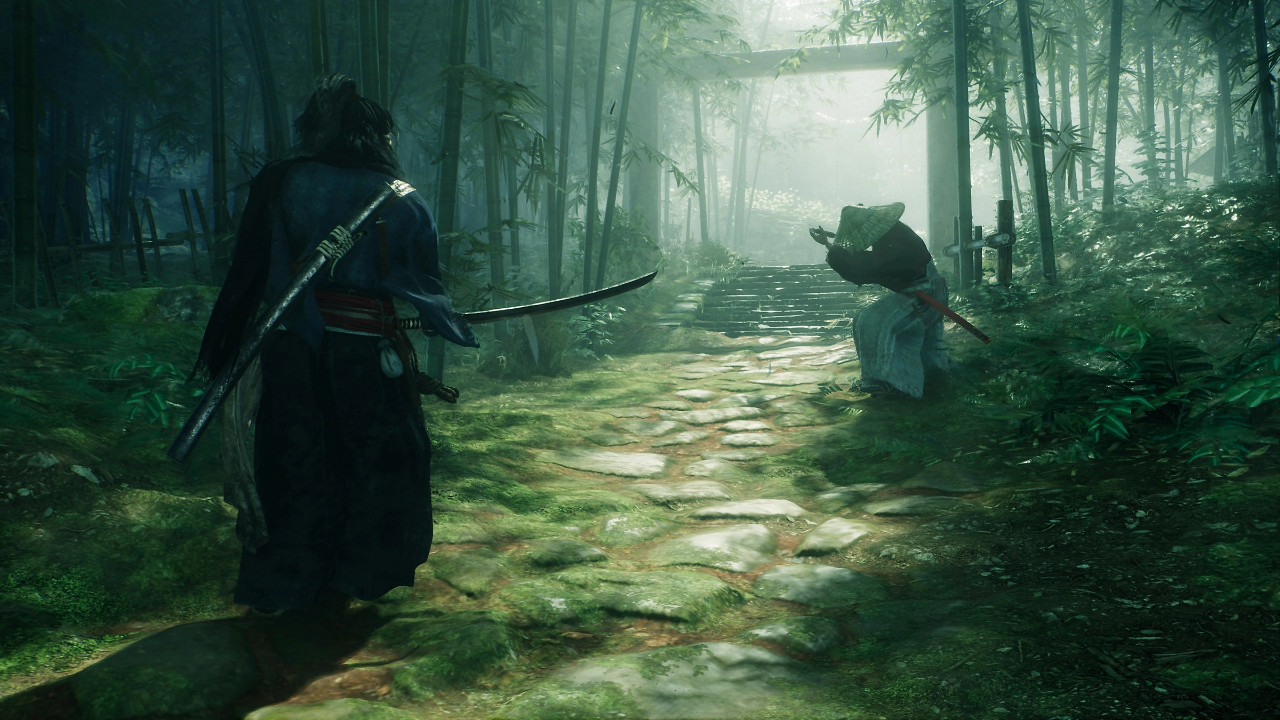PS5 Exclusive Game “Rise of The Ronin” Banned in South Korea Due to Historical Figure Controversy
Sony Interactive Entertainment Korea (SIEK) has announced that the highly-anticipated PS5 exclusive game “Rise of The Ronin” will not be officially released in South Korea. The open-world action-adventure game, set to be released in March, has been temporarily blocked from the South Korean market, with no official explanation from SIEK.
The game, which has already passed the classification review in South Korea, has been barred from being pre-ordered on the PS Store, sparking controversy in the gaming community. Korean media outlet RULIWEB reported that the reason for the ban may be due to the inclusion of historical figure “Yoshida Shoin” in the game.
Yoshida Shoin, a key figure of the Meiji Restoration in Japan, is a controversial figure in South Korea due to his advocacy for Japanese expansionism in history. His ideas, including capturing Ryukyu (modern-day Okinawa) and “taking over Manchuria to force Russia, and (merging) Korea to peek at the Qing Dynasty, and taking Nanzhou to attack India,” have contributed to the negative perception of him in South Korea, a country that was once invaded by Japan.
In “Rise of The Ronin,” players will have the opportunity to interact with historical figures, including Yoshida Shoin, and the choices they make will impact the flow and ending of the game’s storyline. Developed by Team Ninja, a subsidiary of Koei Tecmo, the game is set to be released exclusively on PS5 on March 22.
The ban of “Rise of The Ronin” in South Korea has sparked discussions about historical representation in video games, and SIEK’s decision to block the game has raised questions about the limitations of creative expression in the gaming industry. As of now, there has been no further statement from SIEK regarding the ban of the game in South Korea.
